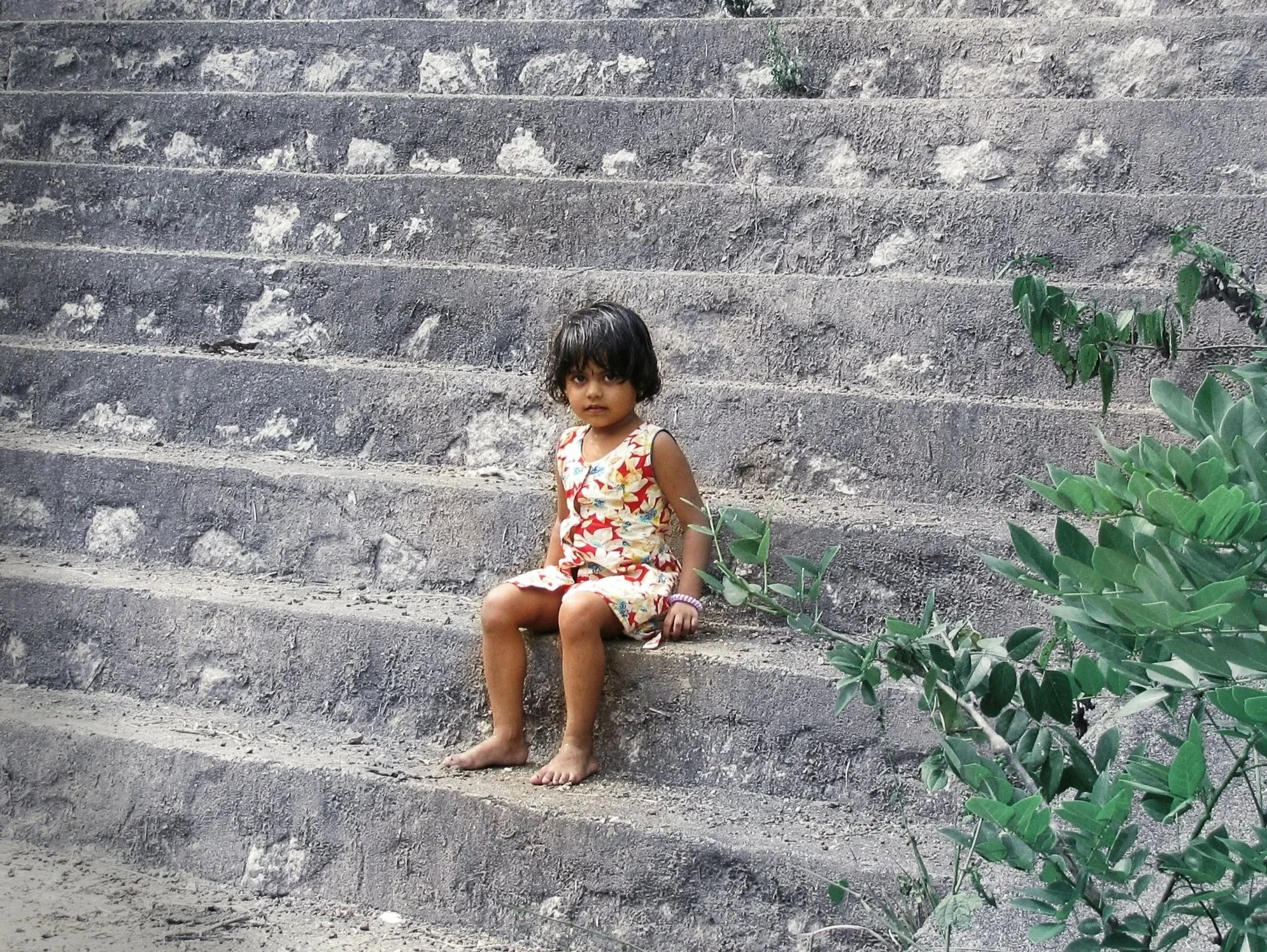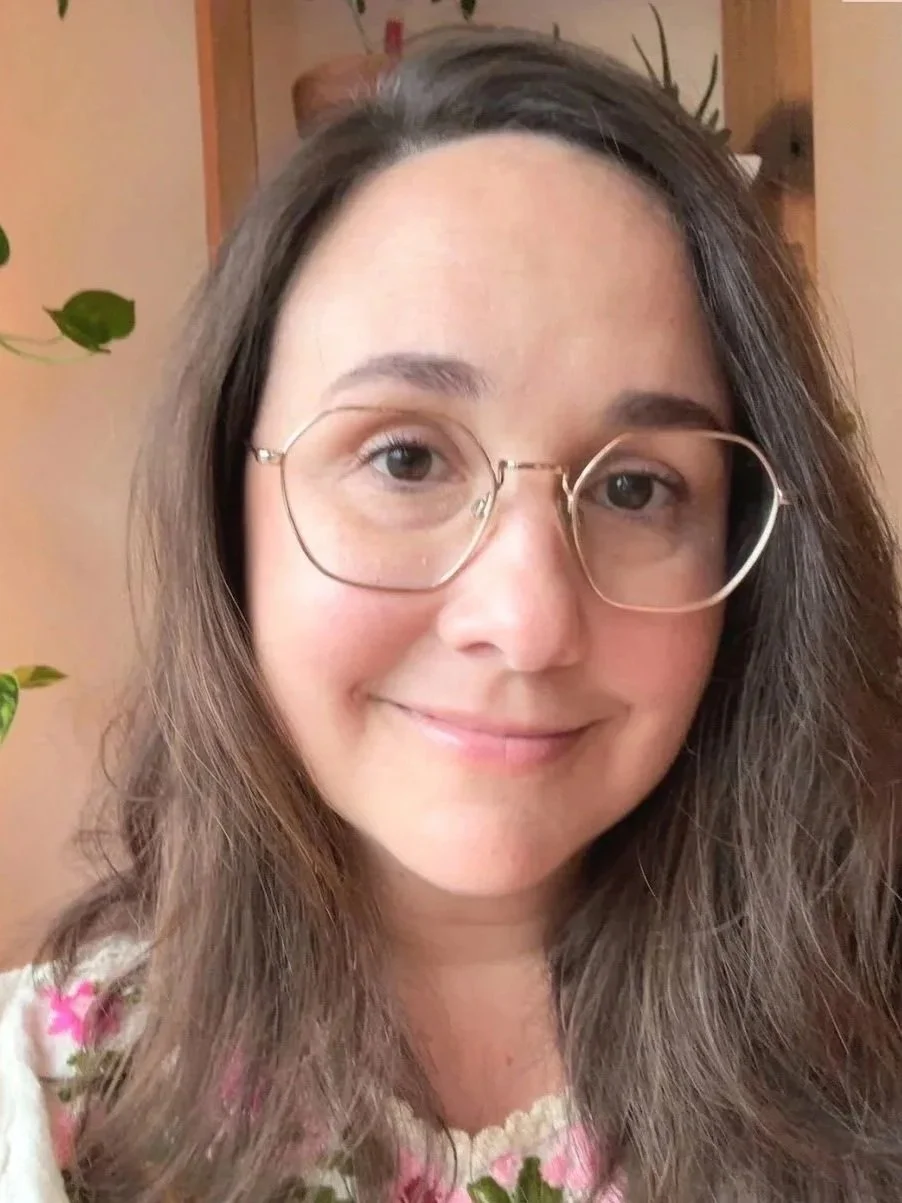Reparenting Your Inner Child
A 6-Week Virtual Therapy Group for Adults Who Are Ready to Heal Childhood Wounds
Mondays at 12pm | Starting February 2nd
Quick warning for anyone (like me) with an aversion to therapy-speak: The name of this group, Reparenting Your Inner Child, may make you cringe. That’s okay. Actually you’re exactly the person I would love to take part in this group, so keep reading.
If you are someone who had a less-than-ideal upbringing, you may be struggling in your adult life with…
-
✺
Your Relationships
You find yourself wanting to get close to people but you inevitably pull away. Or perhaps your anxiety gets the best of you, and you end up feeling deeply insecure with the people you love. -
✺
Your Emotional Wellbeing
Feelings have always felt somewhat out of your control. You feel on edge, nervous, afraid and you don’t even really know why. Or perhaps you navigate life feeling shut down, struggling to find a sense of joy or purpose.
-
✺
Your Behavior
You keep doing the same things over and over again, even though you know you shouldn’t. You blow up, avoid, people-please, dismiss, procrastinate, or engage in behaviors that are simply self-destructive.
-
✺
Your Thoughts
The voice in your mind is incredibly critical, possibly even abusive. The people around you say you’re too hard on yourself, but you’re convinced you aren’t tough enough.
While this is not always the case, these types of common struggles can have origins in your early life experiences. Research in the fields of attachment and childhood trauma suggests that we tend to internalize the voices and actions of our caregivers. From these relationships, we develop a sense of ourselves as loved, safe, and accepted (or unloved, unsafe, and not accepted) that can last well into adulthood.
In other words, your “inner child” holds onto stories and experiences from the past that may not be serving you anymore.
But there is good news.
The very same research that suggests this link between our adult wellbeing and our childhood experiences also gives us information about how to heal. Through new experiences and insights, you can unlearn the stories that your inner child may be burdened with and access the wisdom they have for you.
Reparenting Your Inner Child, an eight-week psychoeducation and process group, is all about taking purposeful steps towards unlearning your childhood narratives.
In this group you will:
Identify your attachment style (the way of being/relating/feeling that emerged from your early life experiences).
Understand how your attachment style impacts your nervous system and relationships to this day.
Connect with others who have a similarly complicated early life history (spoiler alert: relationships are a critical ingredient for healing from adverse childhood experiences).
Learn about research-backed methods of “reparenting” your inner child that you can apply immediately.
Gain access to a robust resource list that will be available to you long past your time in this group.
-
You identify as someone who experienced less-than-ideal childhood experiences.
You’re not really sure what an ideal childhood was supposed to look like, but you know what you are experiencing now certainly isn’t ideal.
You’re pretty sure you had a good upbringing, but you still find yourself struggling with your relationships, thoughts, feelings, or behaviors.
You have previously been/are currently in your own therapy and you want to build on what you have already learned.
You want to develop a better relationship with your inner child.
You feel uncomfortable thinking of yourself as having an “inner child” but you’re at least somewhat open to the idea that your early life experiences may still be affecting you.
-
You have severe trauma that would be better processed in individual therapy. If you’re unsure, please feel free to reach out and we can decide together whether this would be an appropriate process for you.
You have not done therapeutic work of any kind. Therapeutic work includes many kinds of self-development practices, including reading books, listening to podcasts, or other types of healing modalities. If you’re unsure, please reach out!
You are looking for an in-person group experience. Sorry, this will be totally virtual.
Limited Enrollment
Limited Enrollment
Ready to get started?
Participant Cost
$85/session
Eligible for Insurance Reimbursement for Out of Network Coverage
About The Facilitator
Christy O’Shoney, LMHC
This whole “inner child” thing isn’t just a concept I use with my clients; It’s some of the most important work I have done for my own personal healing. As a clinician with over a decade of experience working in trauma/attachment-informed therapy, I have always placed an emphasis on how my clients were cared for as children. However, when I became a parent myself, this aspect of my therapeutic work completely transformed. While I was learning on-the-job about being an attuned caregiver for my daughter, I started to realize that modern parenting approaches have such clear applications to adults recovering from childhood trauma. It has been such a privilege and a delight to combine my clinical and parental experiences in the work of helping clients reparent their vulnerable childhood selves.
To learn more about my therapeutic approach, click here.
Register for Reparenting Your Inner Child
Ready to join? The first step is to fill out the form below to schedule a brief free consultation. During that call, I’ll ask you a few questions to determine if this group will be a good fit for you. I look forward to meeting you!
✺ Frequently asked questions ✺
-
Group therapy offers its own unique healing benefits that are distinct from traditional individual therapy. In groups, we allow ourselves to be seen more fully amidst peers who share similar struggles. A sense of aloneness is often at the root of psychological distress, which makes the community created in a group experience especially transformative. For those who are in the process of healing childhood wounds, it can be especially moving to experience compassion for others that we often forget to apply to ourselves. Additionally, people who participate in groups often report feeling a substantial increase in their abilities to connect with the people in their own lives.
-
Consistent attendance is especially important in group work. It is part of what creates safety for members and prevents the need to “catch up” on what was missed. It’s expected that members commit to attending all eight sessions.
However, life happens! As such, members are given the opportunity to cancel one session with at least 24 hours notice. Cancelling with less than 24 hours before the scheduled group session will be charged the full rate for the session.
-
The fee for group sessions is $85. I am an out-of-network provider, which means that those with out-of-network benefits may be able to receive reimbursement for sessions. At the end of every month, I will provide a statement that you can submit to your insurance. If you have questions about how to use your out-of-network coverage, please contact your insurance provider directly.
-
This six-week group will take place Mondays at 12pm starting on February 2nd. The session dates are:
Week 1: 2/2
Week 2: 2/9
Week 3: 2/23 (skipping 2/16 due to holiday)
Week 4: 3/2
Week 5: 3/9
Week 6: 3/16 -
You definitely do not need to be in individual therapy currently, though it is always recommended as a way to deepen/fully process the content explored in group.
If you have been in therapy previously, you likely have relevant experience that will help you adjust to group work.
If you have never been in therapy, that’s okay! It is recommended to have done some form of therapeutic work prior to entering a group like this, but “therapeutic work” can include things like podcasts about mental health, yoga, meditation, coaching, self-development books, etc. If you have any questions about whether this group is a good fit, please feel free to reach out. We can also discuss it in our initial consultation.
-
As a parent myself, the last thing I would want is to create a group dedicated to parent-bashing. I firmly believe that, in nearly all circumstances, parents do the best with what they have. This work is about separating out the impact from the intent. While caregivers usually operate with best intentions, the environment you grow up in can have lasting negative and positive impacts. The good news is we’ll explore the positive too!








